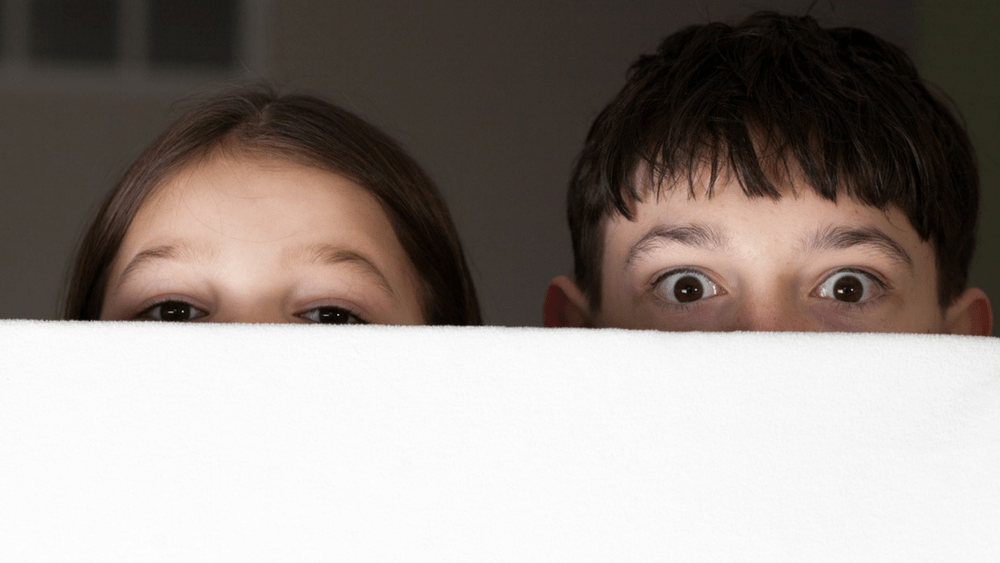When I was in high school, Christians were known as the people who couldn’t. The people who couldn’t swear, couldn’t have sex before marriage, couldn’t drink alcohol, couldn’t lie, couldn’t watch M-rated movies.
As one of the few Christians in my year group at a new school, I became a source of entertainment (I’m being generous) to my friends, who made it their mission to move me from the “he won’t do that” column over to the “he just did it!” column. In Year 7, my friends used lunchtimes to try to get me to swear. At a movie night in Year 8, my friends pressured me to watch Wild Things and Scream – movies that I felt uncomfortable watching as a Christian.
In Year 10 I remember walking out of Girl, Interrupted (much to the shock and annoyance of my friends who remained seated in the back row) because I couldn’t endure the constant stream of blasphemy. These are the memories that have stuck with me of the awkwardness of following Jesus as a teenager in the 1990s.
In the ’90s, discipleship of teenagers meant preparing them to follow Jesus even if they were ridiculed.
Of course, being a Christian was and is so much more than what we don’t do. Holiness is as much about doing good as it is about avoiding evil. But these moments of not going with the flow were when my faith clashed most with the worldview of my peers. And while it wasn’t fun being laughed at and excluded, this was the cost of following Jesus at this time and place. And this was the cost that my parents and church needed to guide me through.
In the ’90s, discipleship of teenagers meant preparing them to follow Jesus even if they were ridiculed. Today, discipleship of teenagers means preparing them to keep following of Jesus even as they are hated. The cost has increased.
Today, discipleship of teenagers means preparing them to keep following of Jesus even as they are hated.
As Christians we know that being hated is what we signed up for. We are very familiar with the multiple warnings Jesus gives that hatred is entirely expected: “Everyone will hate you because of me” (Luke 21:1, and, “If the world hates you, keep in mind that it hated me first. If you belonged to the world, it would love you as its own. As it is, you do not belong to the world, but I have chosen you out of the world. That is why the world hates you” (John 15:18-19).
… being hated is a new experience for most of us.
But in reality, most Christians in Australia know little of this hatred. Yes, we know what it is to be the punchline of jokes. To be considered strange and naive. To be mocked as ignorant, narrow-minded and anti-intellectual. But being hated is a new experience for most of us.
In just 20 years the oven has warmed up, but it has heated so gradually that many of us are only now realising just how warm it has become. The cost of following Jesus is starting to look more and more like what Jesus said we should expect.
“I am aware that what I am asking my children to do in following Jesus is something much harder than what I had to do.” – Rory Shiner
At the Multiply conference last month, Perth pastor Rory Shiner made a comment that continues to ring in my ears. He said:
“I am aware that what I am asking my children to do in following Jesus is something much harder than what I had to do.”
It’s a sobering observation and one that must prompt us to ask – are my children ready? What about my grandchildren? And as parents and as a church, what are we doing to prepare them for the days ahead?
Scottish pastor David Robertson will be speaking at Onward in Sydney later this month. It is a much-needed event to equip teens, as well as young adults and adults, to live out their faith with confidence and courage. He has said:
“I believe that we are operating in this culture at this time against a very dark background. The truth is being suppressed. Now, the darker the background, the more the light will show the contrast.”
Light is just what is needed in these dark times. And praise God – the light shines in the darkness, and the darkness has not overcome it.



